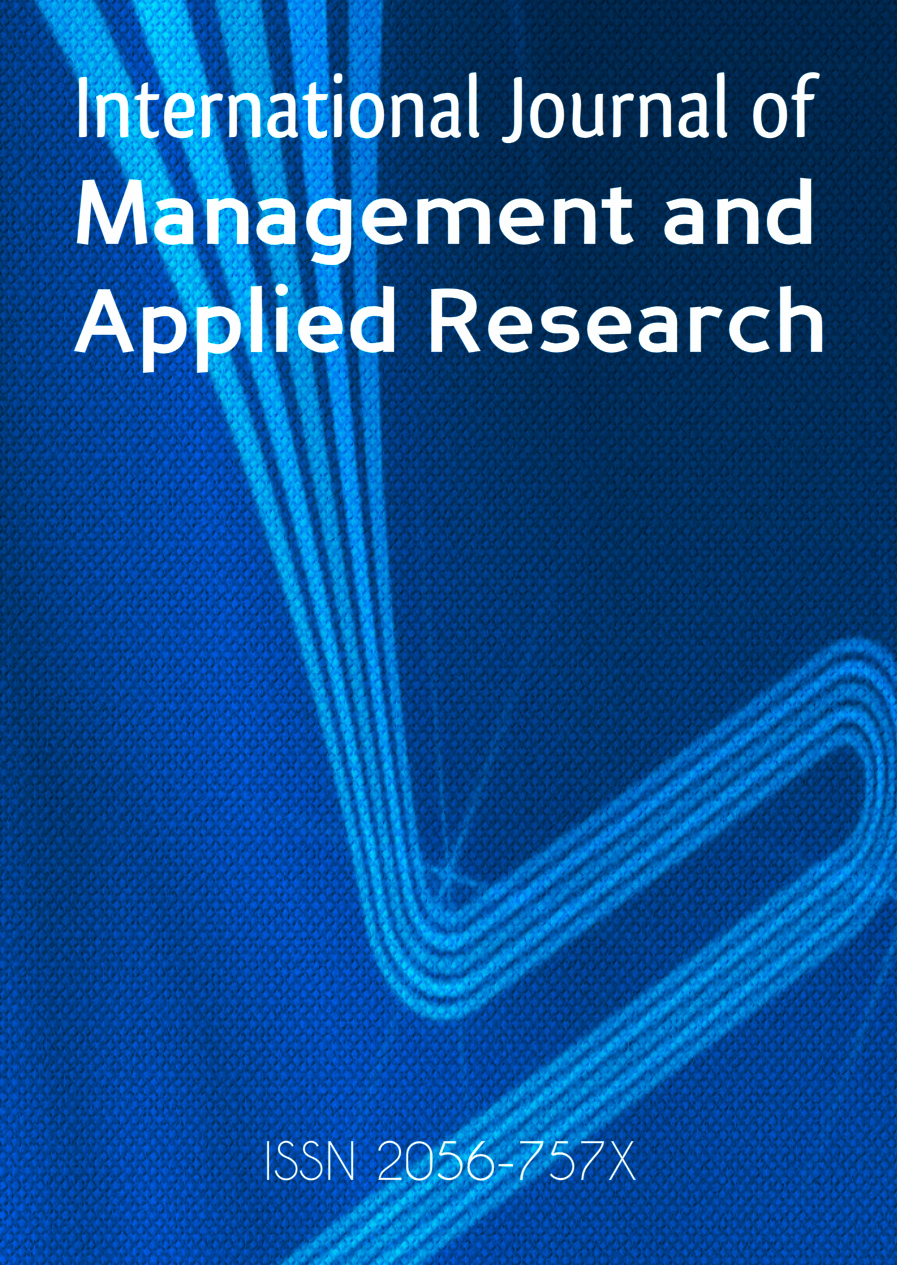The Potential of Bai Salam in Islamic
Social Finance to Achieve United
Nations’ Sustainable Development
Goals
The Potential of Bai Salam in Islamic
Social Finance to Achieve United
Nations’ Sustainable Development
Goals
Author(s): Anggi Kusuma Putri, Esha tir Razia, Aishath MuneezaSubject(s): Islam studies, Social differentiation, Socio-Economic Research
Published by: New Millennium Discoveries Ltd
Keywords: Islamic Finance; Poverty Alleviation; Salam; Sustainable Development Goals; United Nations;
Summary/Abstract: ¸Ending poverty is the first of the 17 goals of the 2030 Agenda for Sustainable Development set by the United Nations. The target is to have no more than 3 percent of the world’s population living on just $1.90 a day by 2030. A review on existing literature suggests that the United Nations need a more diverse approach to boost farming and alleviate poverty in order to meet its target. The paper is an effort to explore the possible application of an Islamic banking instrument in meeting the 2030 Agenda for Sustainable Development. This paper aims to explore the feasibility of Salam as an alternative mode of agricultural financing. The concept of the paper can be extended to non-farming industry especially the manufacturing industry. This paper describes the modus operandi of the proposed models, and identifies potential risks involved. Some recommendations are also given as risk mitigation methods.
Journal: International Journal of Management and Applied Research
- Issue Year: 6/2019
- Issue No: 3
- Page Range: 142-153
- Page Count: 12
- Language: English

